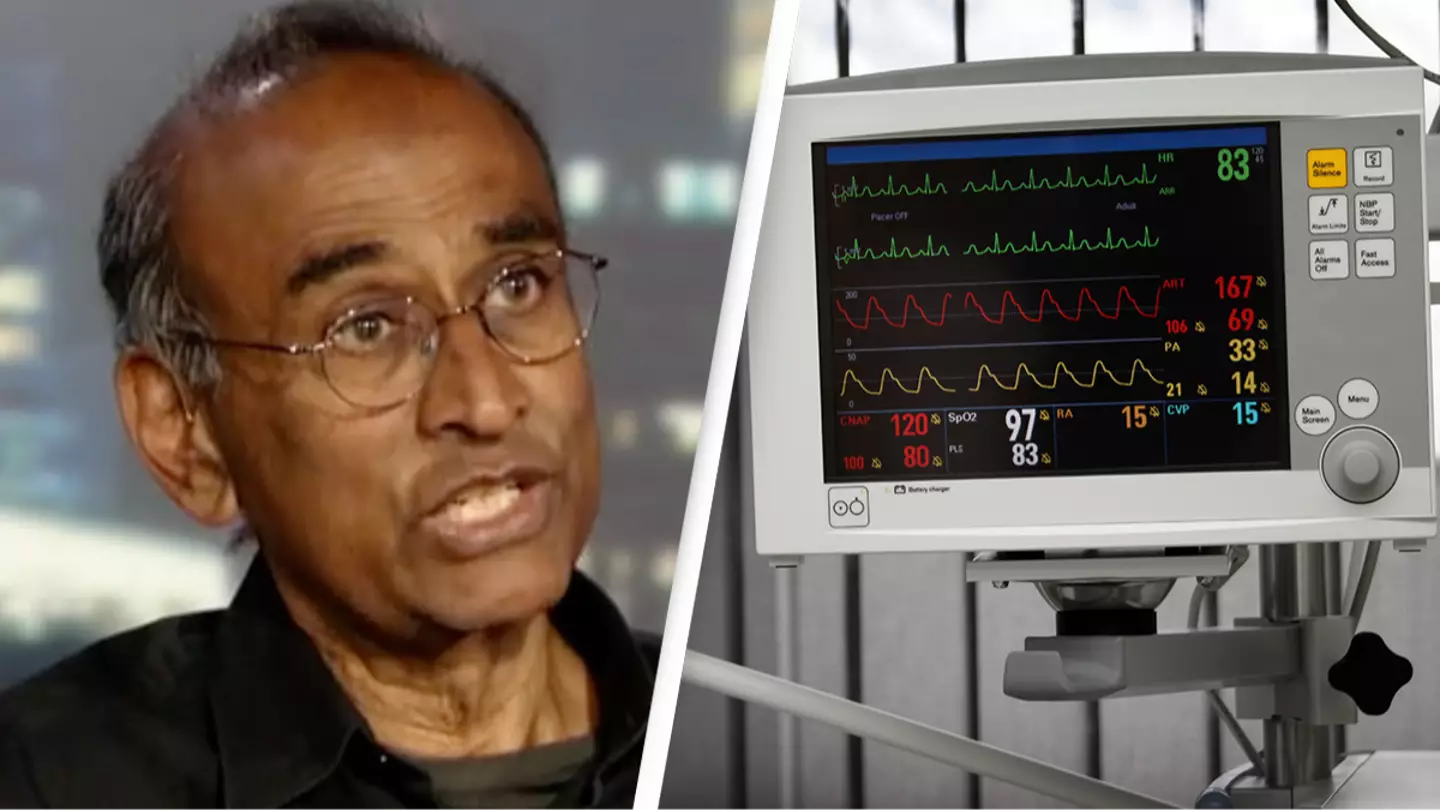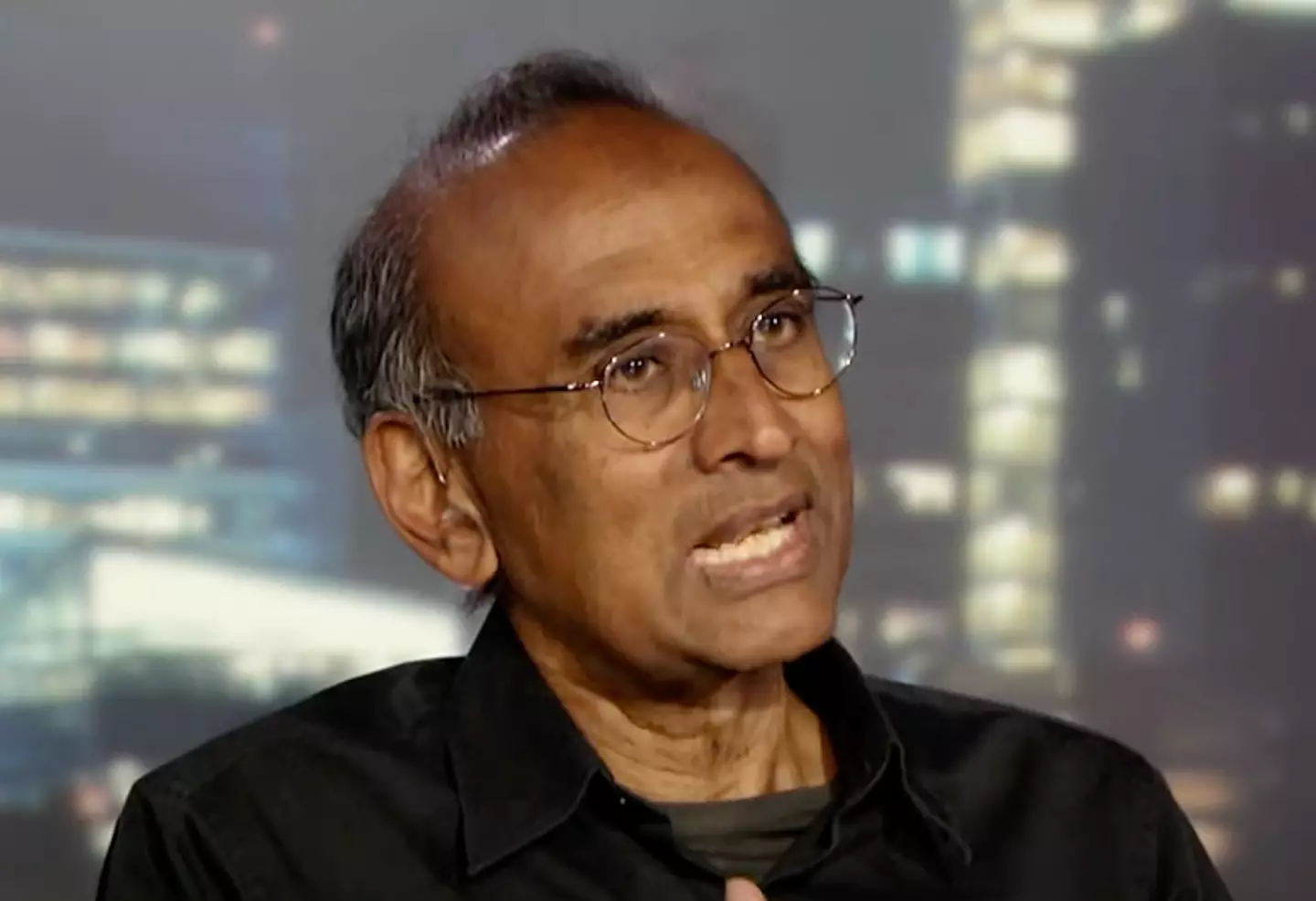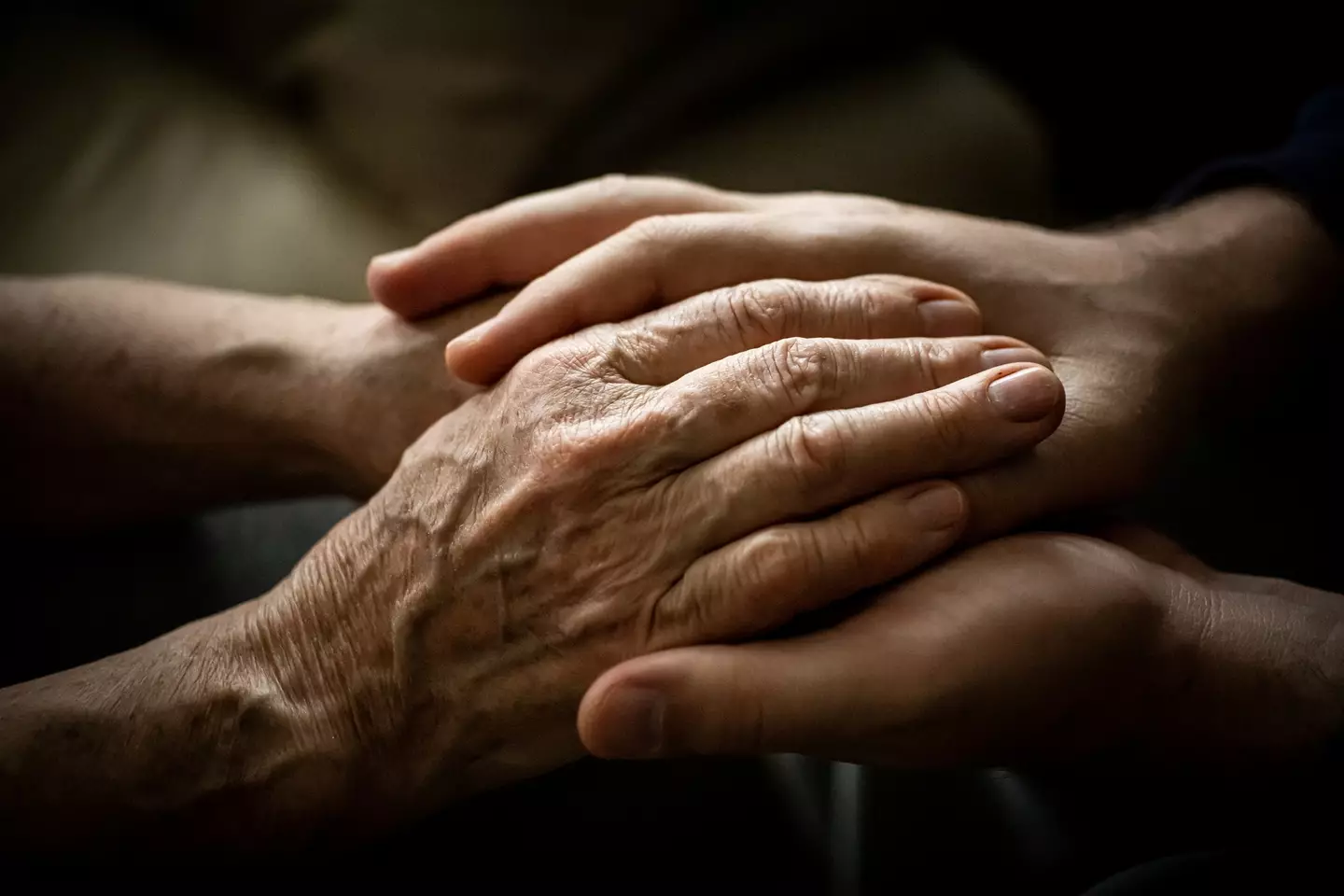
Have you ever wanted to live longer? Well you're certainly not alone, but a scientist has explained why this could prove to be bad for the human race.
Human history is filled with people and whole societies who wanted to live longer, to have immortality or at least escape death.
But biologist Venki Ramakrishnan has explained why humans living for significantly longer would drastically change society and not necessarily for the better. Watch him speak about it below:
Speaking to ABC News to promote his new book Why We Die: The New Science of Aging and the Quest for Immortality, Ramakrishnan explained how our bodies age and why lengthening the average human life might not be all it's cracked up to be.
Advert
In simplistic terms he stated that aging is essentially the accumulation of damage over time but due to the body's sophisticated repair mechanisms, we are regularly repairing this damage.
He added that the rate at which this break down occurs varies between people and is influenced by a myriad of factors.

Answering questions from ABC’s Linsey Davis, Ramakrishnan dismissed the idea humans living for hundreds of years would be some kind of sci-fi film utopia.
Advert
“I think a society where everybody lived indefinitely or a very long time, let’s say hundreds of years, it would be a very different society,” he said.
“It would be quite stagnant, it would be the same group of people living longer and longer.
“You wouldn’t have that turnover between generations, maybe new ideas, things like that.
“That is still in the realm of science fiction, I think biology is looking at the causes of aging, and that's allowing us to tackle some of these causes. But most of the focus is how to live healthily for longer, because all developed societies are living longer lives.
Advert
“So we're having more and more older people well past retirement. And we want to see how can we keep older people healthy and productive and energetic and and actually lively.

"So I think a lot of biology is trying to understand those causes so we don't suffer some of the debilitating consequences of aging."
The biologist also served up quite a reality check by explaining how the life expectancy of humans would change if we were able to find a cure for cancer, high blood pressure and diabetes, as these are leading causes of many deaths around the world.
Advert
"So someone did a calculation. And if we eliminated some of the major causes of fatality today, like the things you mentioned, you would only gain about 15 years.
“But what biologists think is if you tackle the underlying causes of aging, then you could really expect to live a longer and healthier life."